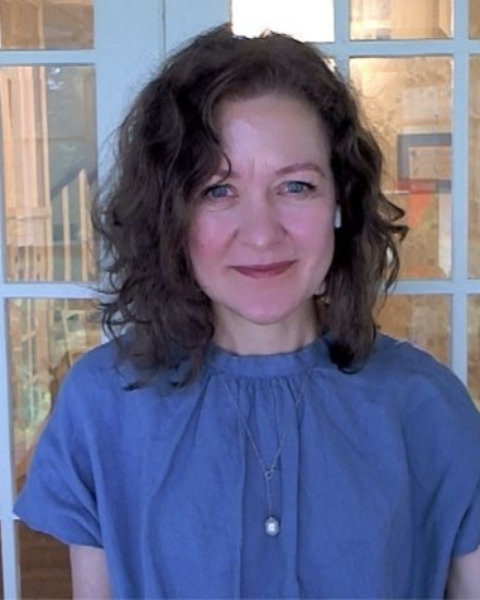Nonprofit and Foundations
Funder practices to center relationships in the evaluative story
-

Irit Houvras
Vice President for Strategic Learning, Research and Evaluation
AJWS, United States -

Rhonda Schlangen, MA (she/her/hers)
Learning and Evaluation Consultant
Rhonda Schlangen Consulting, LLC
West Pawlet, Vermont, United States
Presenter(s)
Location: Room 103
Abstract Information: American Jewish World Service (AJWS) and The Fund for Global Human Rights (The Fund) are both global grant maker organizations that support activists, groups, and social movements to advance human rights in their communities. The work our partners pursue is often centered on complex, systemic deficits of equality, equity, or justice. The diversity and durability of relationships they hold with other change agents have been linked to the long-term successes and sustainability of their work. The relationships we hold with our partners are also central to our respective models of grantmaking. Both AJWS and The Fund are testing evaluation practices that center these relationships and the story they tell us. In this session we will share progress and explore questions with peers in the evaluation community. As with the field of evaluation, grant making practices are relational. The traditional roles of evaluator and evaluand, or grant maker and seeker, are increasingly being challenged. Just as in evaluation practices, philanthropic relationships can be transactional and extractive, or they can be mutual, additive, and even transformative for those involved. However, these relationships are also layered with power differentials and do not adhere to shared standards by the philanthropic or development sectors. Navigating such relationships for current or prospective grantee partners can detract energy from pursuing their goals or worse, contribute to unhealthy power imbalances. Recent years have seen increased rhetoric and implementation of diverse and equitable grantmaking practices, including flexible funds, supplemental organizational health and staff wellbeing resources, and non-financial support. For AJWS and The Fund, our models of accompaniment, the practice of providing support beyond the grant or financial resources, are grounded in partner relationships. The presenters have used various internal evaluative practices to explore how we might place relationships at the center of the story. We have progress to share and questions to explore with peers in the evaluation community. In this roundtable, we will discuss two global grant maker accompaniment models and our evaluative experiences in facilitating a shared understanding among colleagues of that work. These efforts have helped to clarify the language, values, and intent driving these practices, an important starting point to understand impact. We will share existing and emerging evidence around accompaniment, grounded in our work and experience. Finally, we seek to explore with the evaluation community questions to further our collective practice and learning. What evaluative approaches are most appropriate for funders to explore and support quality (rather than quantity) of relationships? How might the philanthropic field value the practice and results of relational work? How does centering relationships shift our evaluative practices? How might our evaluative practices help to radically rethink relationships?
Relevance Statement: Evaluative practices in the philanthropic sector are being influenced by several areas of inquiry and approaches. The trust-based philanthropy framework (https://www.trustbasedphilanthropy.org/) centers and promotes healthy and accountable relationships between grant maker and seeker. Yet there are still unmet demands to decolonize philanthropy and to put the rhetoric of shifting power into practice. This suggests that there remains an implementation gap and, therefore, an opportunity for evaluators working with philanthropic organizations to centralize trust and relationship building in our work. There are continued calls for philanthropy to be more transparent for various reasons, including as one way to diminish the informational power asymmetry between grant seekers and makers. In our respective work, we found a growing body of resources and frameworks around trust-based and equitable philanthropy, but much less evidence of the practices or results of these approaches. This suggests a need for evaluators and evaluation commissioners to discuss emerging evidence and share evaluation tools to better understand how grant makers are influencing the long-term changes we fund. Finally, we see this session as relevant to an emphasis on philanthropic actors to demonstrate our impact (e.g., https://www.causalpathways.org/). While grant makers should focus on and evaluate downstream intended impact, we also see the importance of understanding our own role and whether or how this helps or hinders partner progress. We offer this session as one to explore the potential of evaluation to better tell a story of change.
